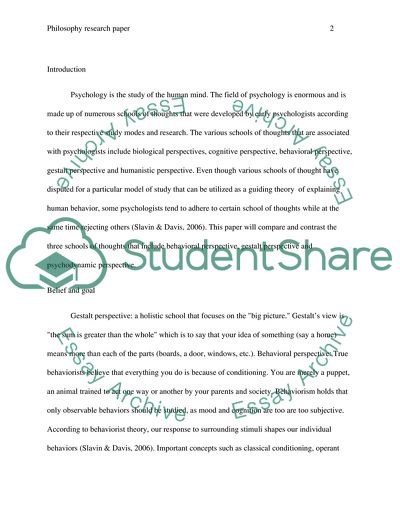Cite this document
(Philosophy of Psychology Essay Example | Topics and Well Written Essays - 1500 words, n.d.)
Philosophy of Psychology Essay Example | Topics and Well Written Essays - 1500 words. https://studentshare.org/philosophy/1866025-philosophy-of-psychology
Philosophy of Psychology Essay Example | Topics and Well Written Essays - 1500 words. https://studentshare.org/philosophy/1866025-philosophy-of-psychology
(Philosophy of Psychology Essay Example | Topics and Well Written Essays - 1500 Words)
Philosophy of Psychology Essay Example | Topics and Well Written Essays - 1500 Words. https://studentshare.org/philosophy/1866025-philosophy-of-psychology.
Philosophy of Psychology Essay Example | Topics and Well Written Essays - 1500 Words. https://studentshare.org/philosophy/1866025-philosophy-of-psychology.
“Philosophy of Psychology Essay Example | Topics and Well Written Essays - 1500 Words”. https://studentshare.org/philosophy/1866025-philosophy-of-psychology.


